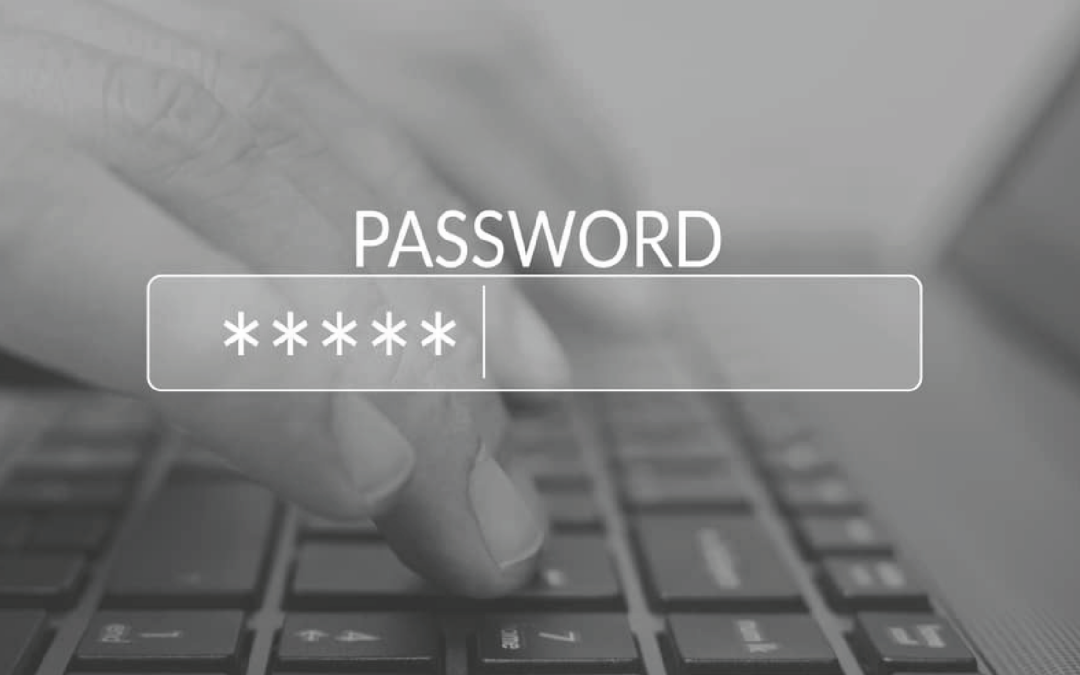“We live in a world where a mix of letters, numbers and special characters makes a huge difference in whether you can access personal information, keep in touch with friends and family or simply shop online.”
While it may be tempting to choose a password, you can easily remember (Password123 anyone?), creating a strong password and keeping it safe are extremely important steps in fraud protection. What is a strong password, though? More importantly – how do you keep your passwords safe once you have created them? Here are a few tips from your credit union:
Make it long and get creative.
Many sites require a password that is a minimum of 8 characters long, but a 12-character password is even stronger. Avoid using names, places and recognizable words, since these are easily cracked. Instead, try using an entire phrase that is important to you or use initials and add numbers or special characters to make a password. You need to be able to remember your password, but it should not be so easy that someone else can figure it out, such as your name and/or birthdate.
Mix it up for each account.
Use different passwords for your different accounts. Vary your capitalization and the kinds of characters you use, switching back and forth from letters to numbers to symbols. You could also try substituting special characters for letters. You could use a $ instead of S, or 1 instead of L, or you can include & or %.
Now that you are a pro at creating strong passwords, let’s talk about how to keep them safe:
Be sure your accounts have different passwords. So, if one password is stolen, all the other accounts avoid being compromised. Another best practice is remembering to change them often.
Never share your passwords!
While this seems unnecessary to mention, it serves as an important reminder that not sharing our passwords applies to even our family and friends.
Keep your passwords out of site.
While quickly jotting down your passwords on a sticky note and keeping it your monitor seems like a quick and convenient option, you will want to keep your passwords out of sight and somewhere they can’t be easily accessed. Which brings us to our next tip!
Consider using a password manager.
There are hundreds of web services or programs, called password managers available that allow you to create and store all your passwords for each of your sites. However, some are better than others. Before you choose one, we recommend doing your research and verifying how each option stacks up against one another, especially when it comes to security!

